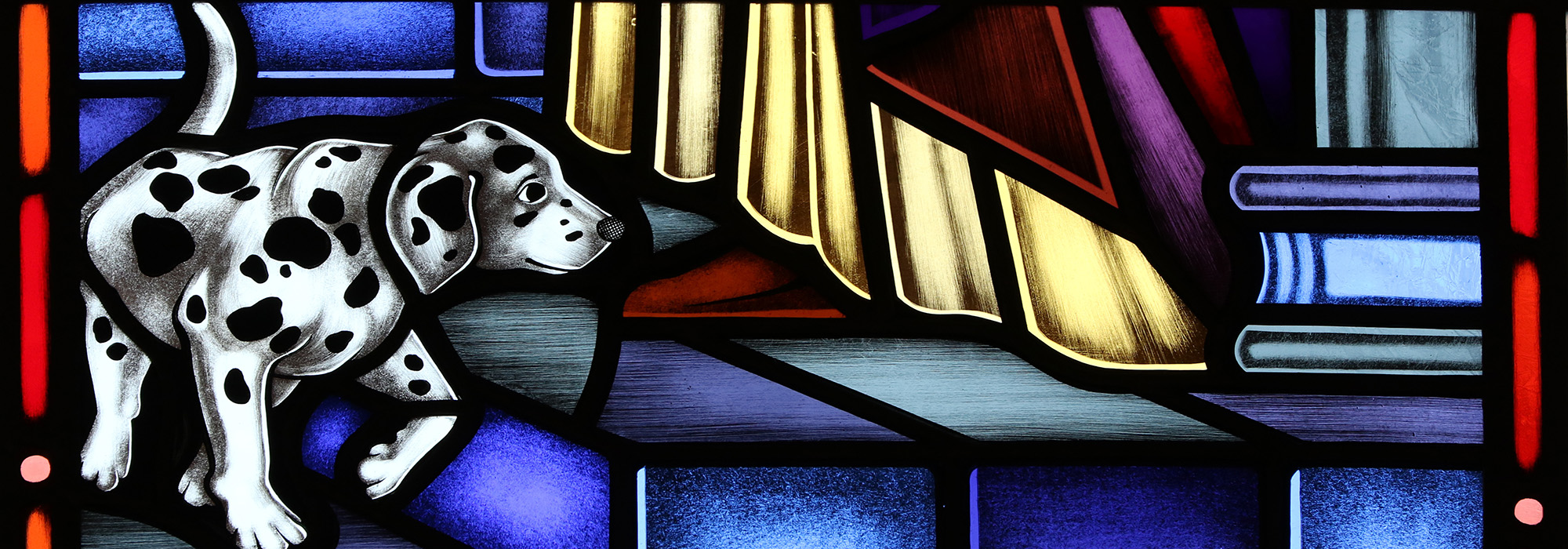
A-Z of the Mass: Berakah
Often such blessings occur with other elements such as a supplication or a thanksgiving (hodayah). For instance, Solomon’s berakah above continues with a supplication: ‘The Lord our God be with us as he was with our forefathers; may he never leave us nor forsake us’ (1 Kings 8:57). Daniel’s berakah continues with an expression of thanks: ‘To thee, God of my fathers, I give thanks and praise, for thou has given me wisdom and power.’ (Dan 2:23). And of course, Jesus is recorded as saying the blessing and giving thanks during the Last Supper.
It is likely that in the 1st Century AD, it would have been very typical for Jews to say a grace at the end of meals that contained a berakah together with a hodayah (a thanksgiving) and a supplication. Praising God is a blessing for those who bless him. The Jews blessed and thanked God for his past actions such as their liberation from Egyptian slavery, but they also looked to the future. The nation was not yet fully liberated and Israel still continued to suffer, so the people expressed the hope that God would bring to completion what He had begun.
God’s act of redemption reached its fulfilment on the Cross when Jesus said ‘It is accomplished.’ The Eucharistic celebration is a prayer of blessing and thanksgiving and it is a commemoration of God’s saving act in which He gives Himself totally to us. So the Mass is the fulfilment of the berakah. Not only does the Church continue Israel’s prayer of blessing and thanksgiving, but in the Eucharist we also have the definitive answer to the prayer ‘May God never leave us nor forsake us.’
Sorry, the comment form is closed at this time.



A Website Visitor
i want to know more about the berakah great prayer of blessing and thanksgiving in connection to the eucharist and paschal mystery. send me a book about it. my postal address: rev. don didas isaacus nandi sumbawanga catholic diocese p.o. box 34, sumbawanga tanzania (east africa).